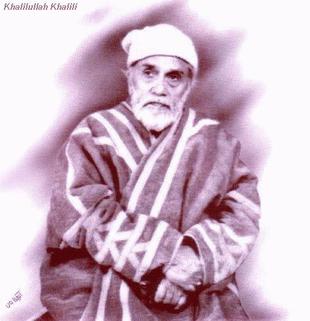Khalilullah Khalili
Khalilullah Khalili was born in the year 1907 and died in the year 1987. He was the foremost poet of Afghanistan in the 20 th century. He...

Khalilullah Khalili was born in the year 1907 and died in the year 1987. He was the foremost poet of Afghanistan in the 20 th century. He...

Rrapo Taho was born on the 17th August 1959. He was a professional football from Albania. He played the brole of a central defender for the club he played for Flamurtari in the 1970s and the 1980s. ...
Rudi Veta was born on the 13th February 1969 in Shkoder. He is a former football player from Albania. He played the role of a defender for his club and he is the current coach of KS Vllaznia Shkoder...






























Adonias Aguiar Filho was born on the 27th November 1915; he died on the 2nd August 1990. He was a Brazilian writer and a novelist. He was a member of the Academia Brasileira de Letras. source of...
Afonso Henrique da Costa Guimarães known with the name Alphonsus de Guimaraens was born on the 24th July 1870 in the city of Ouro Preto; he died on the 15th July 1921. He was a Brazilian poet. s...
Ana Cristina César was born on the 2nd June 1952; she died on the 29th October 1983. She was a Brazilian poet and a translator from the city if Rio de Janeiro. She came from the middle-class protest...
André de Leones was born in the year 1980 in the city of Goiânia; he is a Brazilian novelist. He was born in Goiânia and he grew up in Silvânia, in the inner state of Goiás. He often adds the name o...
Antônio Augusto de Lima was born on the 5th April 1859; he died on the 22nd April 1934. He was a Brazilian journalist, poet, musician, magistrate, a jurist, a professor and a politician. source ...
https://bambusaarundinacea.blogspot.com/2013/08/bambusa-arundinacea-vamsah-venuh-thorny.html?showComment=1649834572774#c2561350977086625707
Thanks for sharing this valuable information with us. For more info visit: Shad Music Academy
Thanks for sharing this valuable information with us. For more info visit: Shad Music Academy
Ši informacija man labai naudinga ir svarbi ...Pirkti Rock CD InternetuKur Nopirkt Mūzikas CD
In the business of today\s music industry, referencing the past and understanding the present is necessary to ensure continued success of the industry. This is the main reason why Worldhitz Entertainment decides to develop a compilation of music events as it relates to what has happened, what is happening and what will happen.
Worldhitz Entertainment functions under the corporate goal of “developing the encyclopedia of music information,” with a supporting vision of becoming the world’s mod reliable website for music information.
Your visit is definitely important to us. Feel free to contact us with any feedback